
INNOVATION
04-02-2022 by redazione
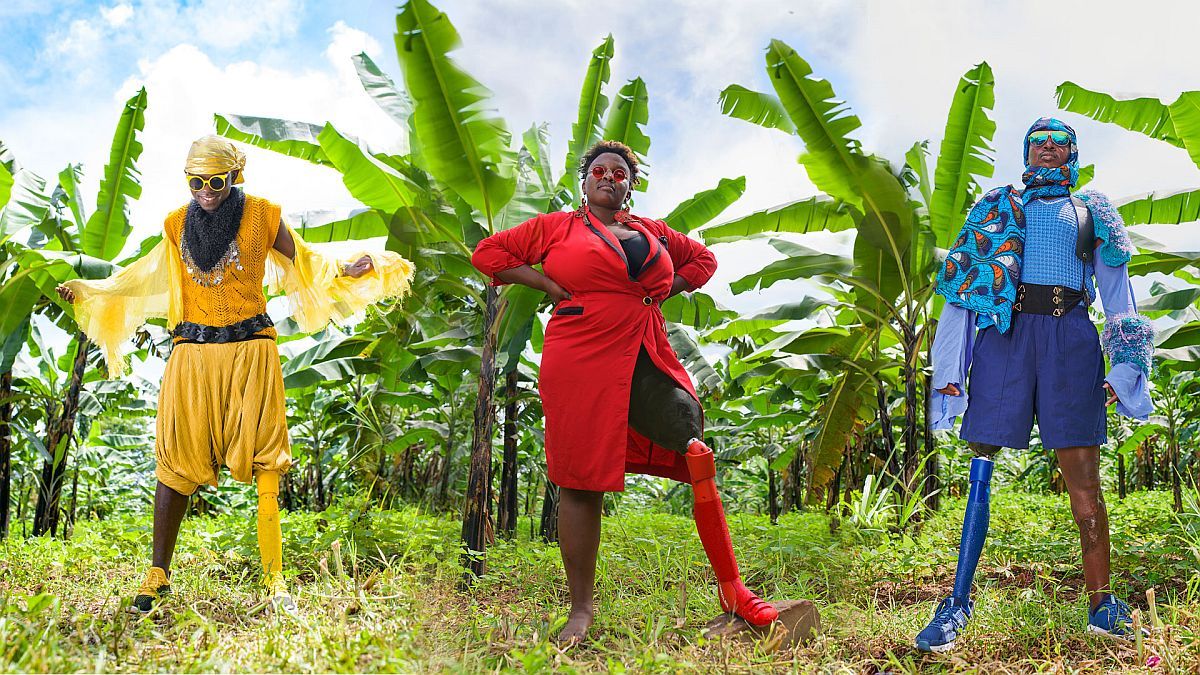
Will young scholars, creatives, engineers or designers be the ones to save the world from becoming one big dump that covers and overlooks human unhappiness?
Maybe not, but judging by the initiatives that every now and then come to our attention, they might be the only resource.
For example, the story of two Swiss designers, Fabian Engel and Simon Oschwald, graduates of the University of the Arts in Zurich, is intertwined with the poverty of many Kenyans and the serious problem of plastic pollution in the capital Nairobi.
Dandora is one of the largest landfills in Africa. Square kilometers of garbage, hills of plastic, metals, objects of all kinds and hundreds of "waste pickers", the collectors who sort the garbage and resell it to those who reuse it.
The two Swiss creatives thought about how at the same time, by recycling plastic, they could help the poor people of degraded places such as the slums of Nairobi and eventually came up with low-cost prosthetics, to help the millions of people in less developed countries who need them due to road accidents, poor medical care or armed conflict and cannot afford them. They chose to use this post-consumer plastic to manufacture the Circleg, reducing the cost So they decided to reuse locally available plastic waste for manufacturing. The recycled plastic is reinforced with fiberglass to increase stability.
Oschwald and Engel took a trip to Kenya to learn more about current recycling processes and to observe the lifestyle needs of their potential users.
"This user-centered approach allowed us to integrate the needs and requirements of stakeholders into the design process," the designers explained. "Next, we designed and developed a prosthetic solution tailored to the Kenyan context, with the added value of reducing the country's environmental impact.
So they created "Project Circleg," a Swiss-African company that creates sustainable, high-quality prosthetics built from recycled and processed waste.
"Today, only 1 in 10 people have access to appropriate assistive products, including prosthetics," says the World Health Organization. "Without access to such products, many individuals in need are confined to their homes and live dependent and excluded lives, increasing the impact of impairment and disability on the individual, family and society.
ART AND ENVIRONMENT
by redazione
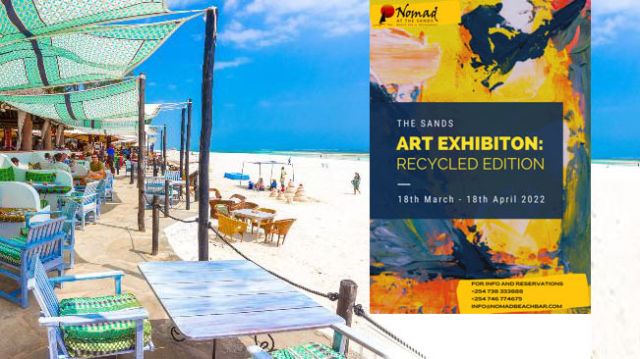
In celebration of Global Recycling Day, which takes place on Friday, March 18, 2022, The Sands at...

From the landfills in Nairobi to the African Museum in Verona.
The Afro-Futurist visions of ...
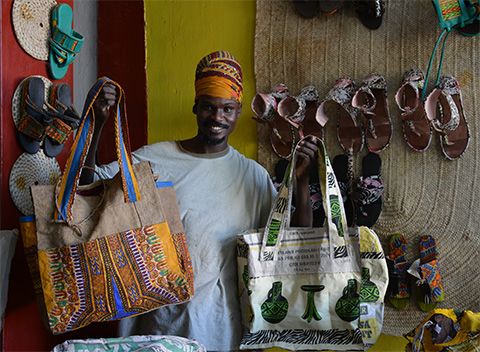
Saturday evening is alive with the local talent to Baby Marrow Art & Food Restaurant. Under the supervision of Gian Paolo Tomasi, during dinner are presented creatives, artists and local craftsmen who with their imagination and undoubted natural predisposition to...
ENVIRONMENT
by Leni Frau
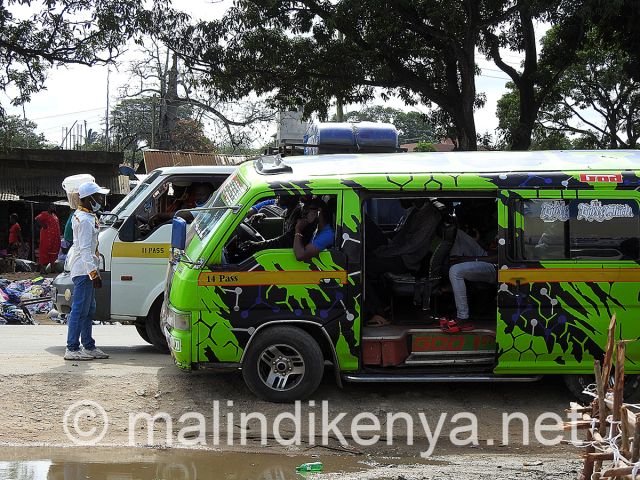
Kenya's significant media presence at the latest Glasgow climate conference, with President Kenyatta...
ENVIRONMENT
by redazione

Plastic recycling, public meeting at the Museum of Malindi.
Wednesday, August 24 to 16, Sam Ngumba Ngaruiya, owner and founder of the company "Regeneration Environmental Services" will hold a public meeting at the Cultural Center of the Malindi Museum "Plastic...
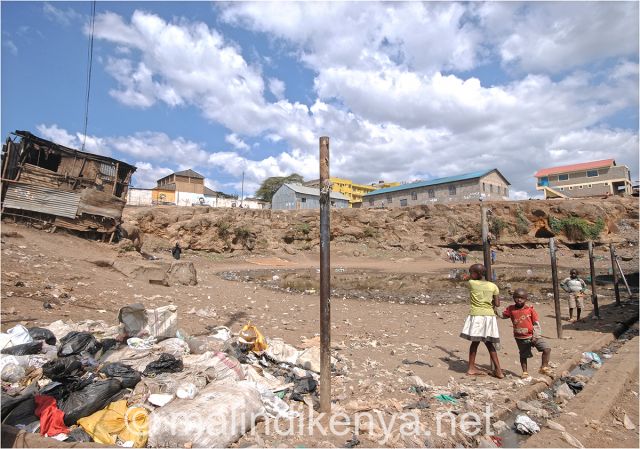
Today's Carol, Christmas 2020, is not a song but a poem, perhaps sung in a whisper as ...
EVENTS
by Freddie del Curatolo
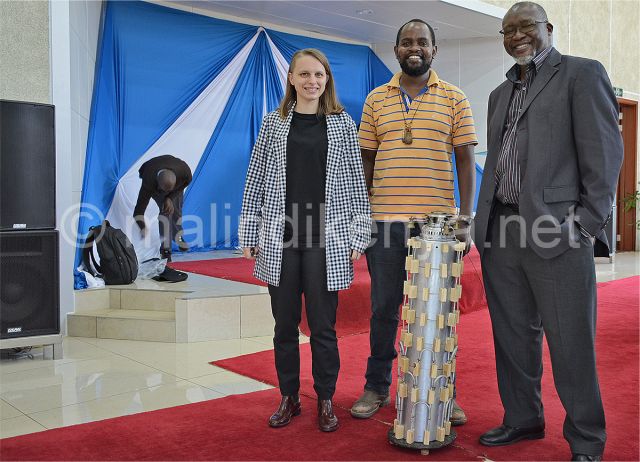
PLACES
by redazione
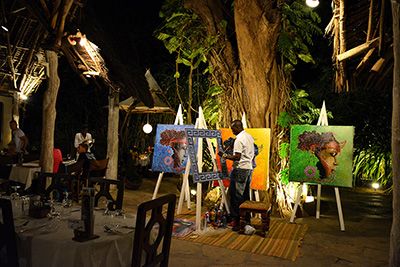
After the success of last August, the evenings of Baby Marrow are back with art, culture and discovery of talents that Kenyans have much to say and show. During high season evenings doubled, not only artisans and creatives, as in...
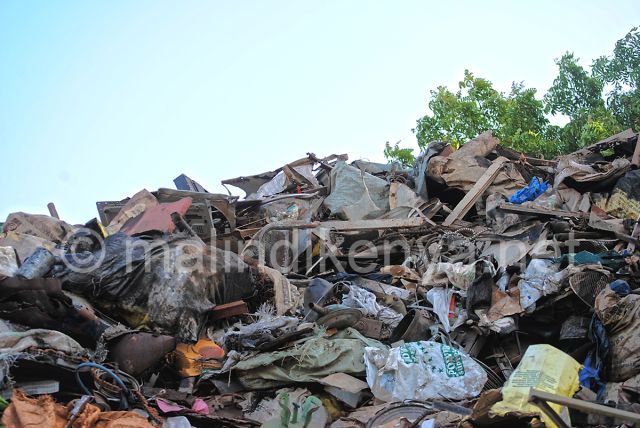
The saying "desperate times call for desperate measures" in Kenya often represents the only practical...
EVENTS
by redazione

The Italian Ambassador to Kenya, Alberto Pieri, will be in Malindi on Saturday 24 August to meet his...
by Leni Frau
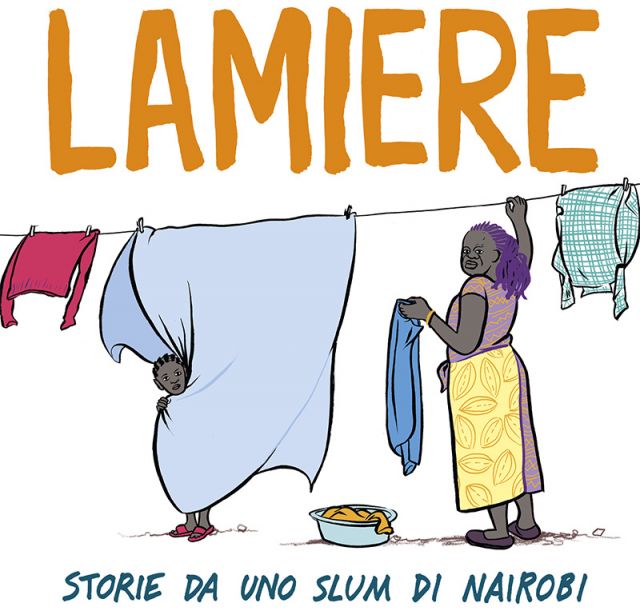
Two screenwriters and a cartoonist tell the extreme life in a Nairobi slum.
NEWS
by redazione

The Kenyan parliament has passed the Kenya Separate Waste Collection Act, and if President Kenyatta puts...
FOOD
by redazione

Sixty percent of red meat raised in Kenya and brought to the slaughterhouses is highly contaminated due to food ingested by cattle, especially plastic.
This is revealed by a survey carried out in Nairobi and nearby slaughterhouses on behalf of the Livestock...
BOOKS
by redazione
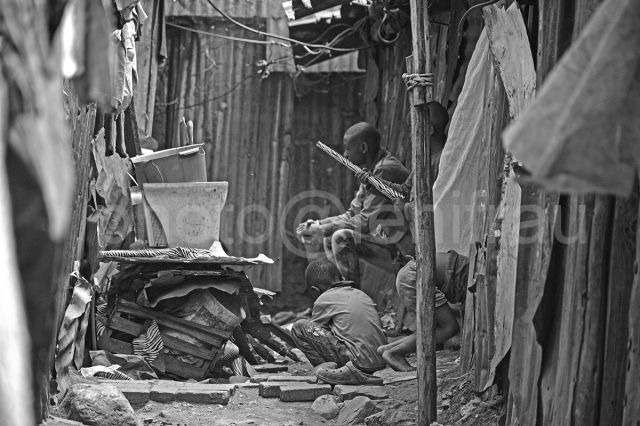
Having happily ended the presentations organized with the Italian Cultural Institute and combined with...